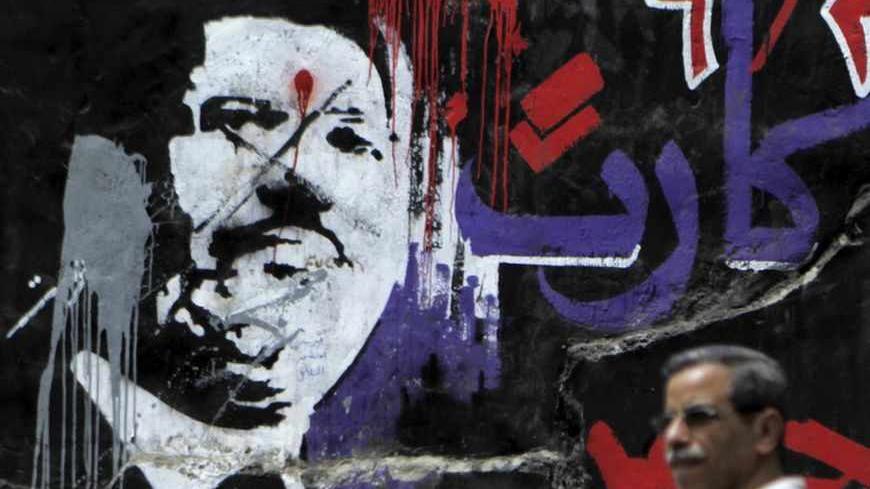These days, the Muslim Brotherhood in Egypt is under a systematic (some would say justified) assault by authorities seeking to dissolve the entire organization. Yet, it’s not just in Egypt that Islamists find themselves under attack, rhetorically or by force. Across countries in the Arab world that had revolutions in the past two years, there is a growing wave of public opposition to the participation of Islamists in the political system, whether in Tunisia, Libya or elsewhere.
Against this backdrop, countless Western analysts have clashed with their liberal Arab counterparts on the issue of Islamism, arguing that the exclusion of religious parties is incompatible with modern democratic principles. Yet is the exclusion of parties like the Muslim Brotherhood undemocratic on its face? The truth is somewhere in the middle and in fact, there is a legitimate democratic case to be made against the inclusion of some Islamists.



